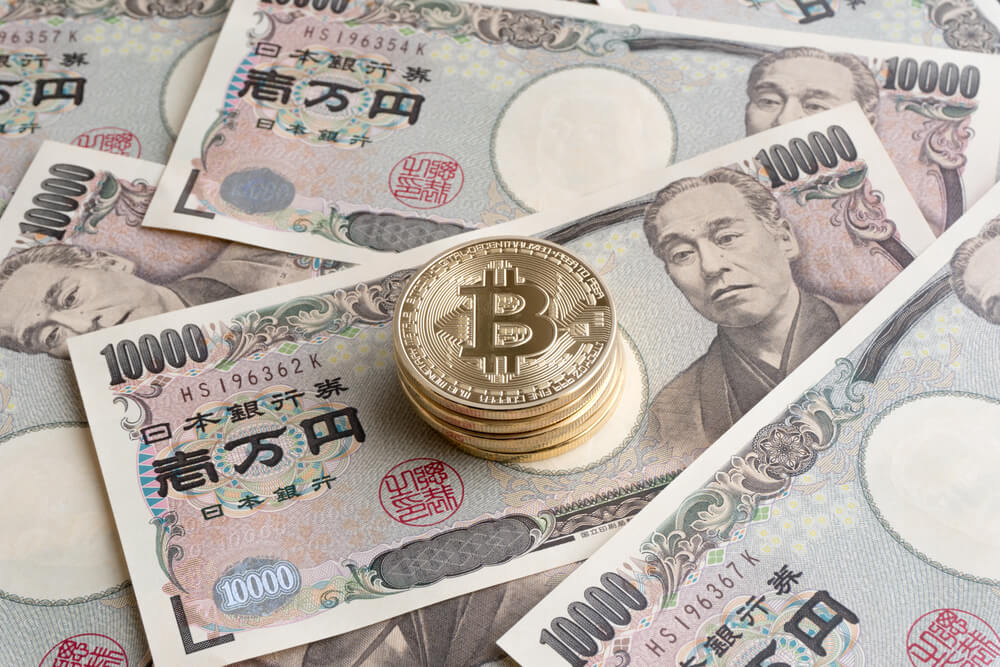World’s Largest Bitcoin Market Japan has “Loose” Regulations, Doesn’t Bode Well: Analyst

Japanese conglomerate GMO's crypto-exchange and mining subsidiary reported major losses in 2018. | Source: Shutterstock
Koji Higashi, the co-founder of IndieSquare and Japanese cryptocurrency researcher, revealed Japan, the largest bitcoin market in the world in terms of daily trading volume, has friendly and loose regulations for bitcoin businesses and investors.
But, while the Japanese government has legalized bitcoin as a currency and a legitimate payment method, other minor alternative cryptocurrencies (altcoins) are receiving the same treatment as bitcoin. Higashi emphasized that the Japanese government’s consumer protection is questionable, given that general consumers could consider small-scale altcoins as alternatives to bitcoin.
“Overall, the regulation in Japan turned out to be much looser and has given more freedom to exchanges while the effectiveness of consumer protection is questionable. The industry is feeling more top-down, like the financial sector, now and technical development is not catching up with speculative demand at all,” wrote Higashi.
Essentially, Higashi believes that the freedom the Japanese government has provided to the Japanese cryptocurrency exchange market and trading platforms have led Japanese consumers to consider any cryptocurrency listed on regulated exchanges as legitimate alternatives to bitcoin.
“Here’s an example to give you an idea of how loose the definition of official cryptocurrencies are. Pepecash received the same categorization as Bitcoin as a ‘first class’ cryptocurrency, one that can be legally traded and sold on licensed exchanges,” Higashi added.
The implementation of relatively unknown and small-scale altcoins like Pepecash, which is not listed on CoinMarketCap’s top 100 cryptocurrencies list, could mislead investors to believe that Pepecash is a major cryptocurrency and a competitor to bitcoin, when it really is not.
Isn’t Freedom Good For the Market?
In the contrary, freedom provided by the Japanese government to local cryptocurrency exchanges could be beneficial for the Japanese bitcoin and cryptocurrency industries, as it allows the market and consumers to decide whether certain cryptocurrencies are legitimate.
Several markets like the US have imposed strict Know Your Customer (KYC) and Anti-Money Laundering (AML) policies along with other regulations to an extent in which many businesses were forced to shut down their services. For instance, the state of New York’s Bitlicense forced out ShapeShift, Bitfinex, and Kraken, three leading cryptocurrency exchanges, due to their inefficient and unfriendly regulatory frameworks.
Like initial coin offering (ICO) tokens, the global cryptocurrency market itself has to mature to a point wherein investors can make sound decisions to differentiate quick cash grabs to legitimate projects, altcoins, and crypto-tokens.
The imposition of strict regulations on a rapidly growing market such as bitcoin could slow down the exponential rate of the entire cryptocurrency market. In that sense, the Japanese government’s friendly and flexible regulations for cryptocurrency businesses and investors are favorable.
While it could be argued that the Japanese market lacks regulations for investor protection as Higashi emphasized, it is important to acknowledge that Japan is the largest bitcoin market in the world, precisely because of its practical regulations. Japan also remains as the only market to have imposed a national license for cryptocurrency exchanges, allowing the market to operate with stability.
Featured image from Shutterstock.